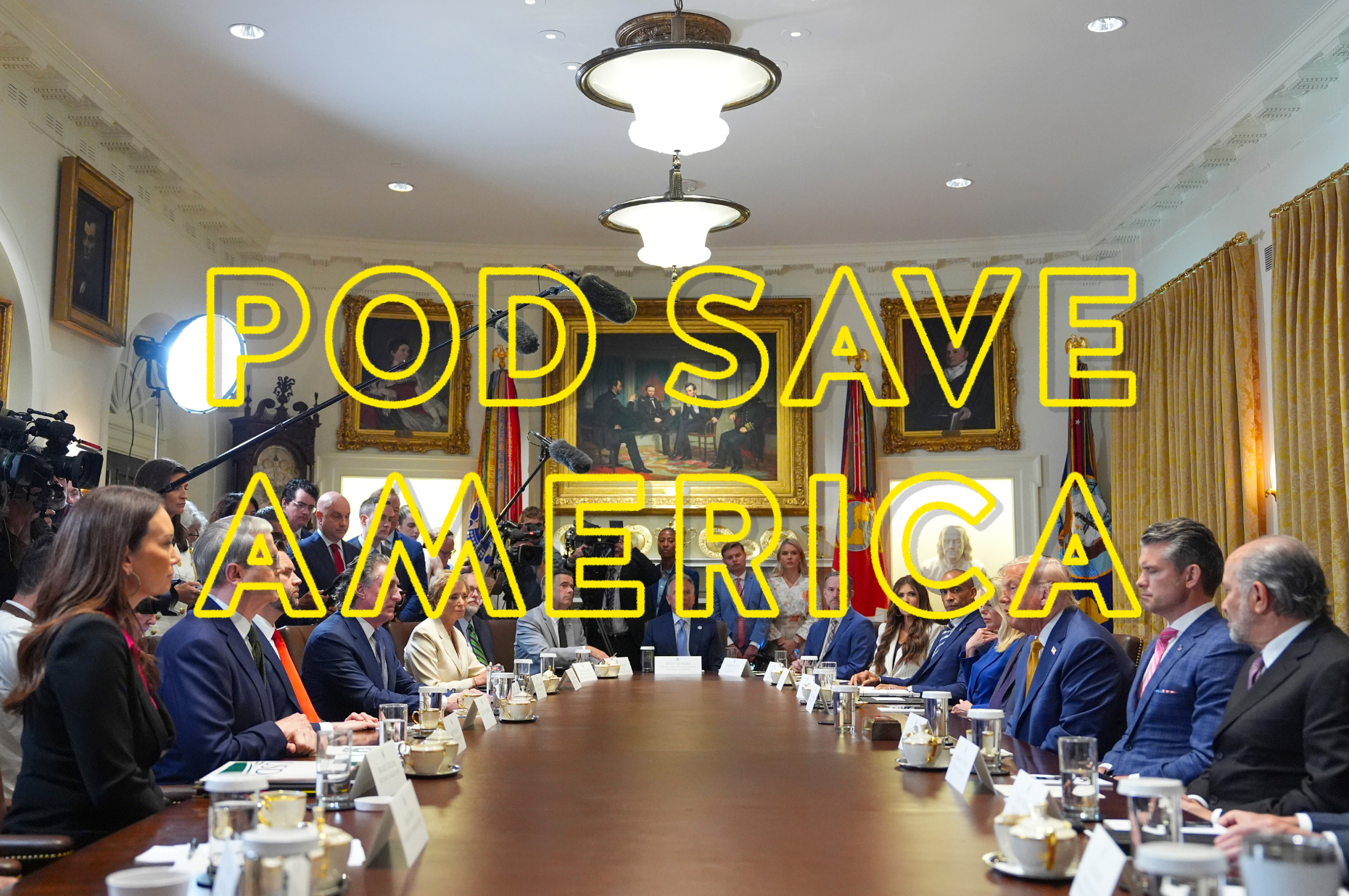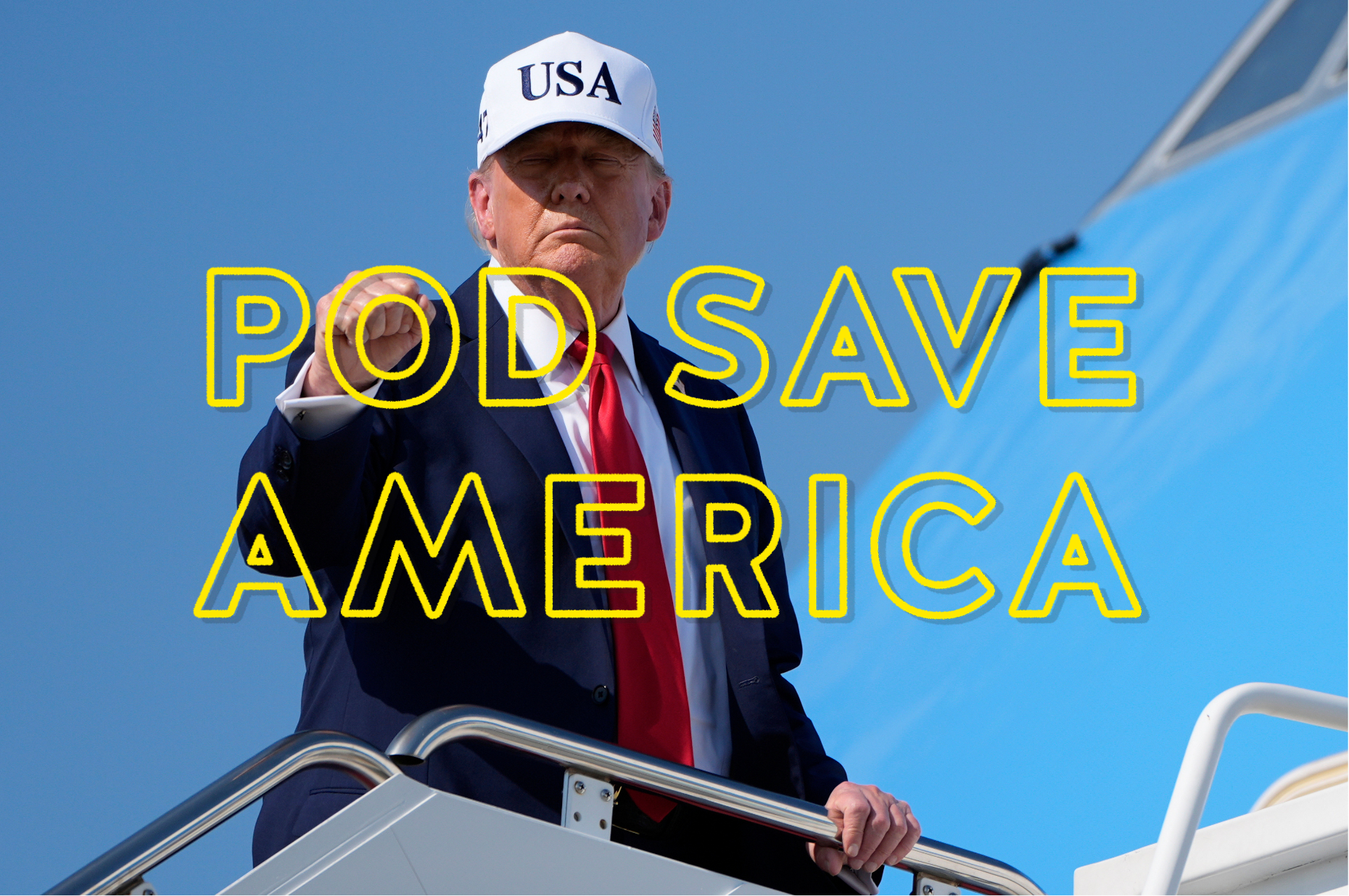
The confluence of the global coronavirus pandemic and a national election, in a country where most people can only vote in person, has placed public health and civic duty in tension with one another.
With a virus as contagious as this one, polling places become breeding grounds where voters will infect one another, along with volunteer poll workers, who tend to be older.
Already, coronavirus has thrown several state primaries into turmoil. Ohio most notably found itself at the center of chaos this past week when Gov. Mike DeWine (R-OH), with permission from the state’s supreme court, delayed voting just hours before polls were set to open.
The solution is universal vote-by-mail, which would allow every voter to fill out a ballot at home and avoid polling stations entirely. If implemented nationwide, it would free voters from having to choose between their wellbeing and their ability to participate in democracy.
Democratic National Committee Chairman Tom Perez described it as, “The simplest tool… which is already in use in a number of states,” and said it, “should be made available to all registered voters.” Writing in New York magazine, Ed Kilgore argued, “the obvious way to separate elections from the fear of coronavirus is to encourage remote voting” and that “the single biggest obstacle to a big push like [Oregon Senator Ron] Wyden’s toward voting by mail is the recent resistance of the GOP to all expansions of the franchise via more convenient registration and voting.” Harry Enten of CNN noted that Illinois, a state that didn’t move its presidential primary from Tuesday, March 17, saw a 25 percent drop in turnout and that “Illinois had the worst turnout relative to 2016 of any state that has voted so far.” In short, if one wants to protect American democracy in the midst of the ongoing crisis, voting by mail seems like an obvious option.
The good news is, voters themselves support this idea: In a recent poll of 2057 Americans, conducted March 18-19, Data For Progress found they support resolving this dilemma by automatically registering and enrolling all eligible voters in optional vote-by-mail by a 55-25 margin.
With the public behind the idea, and a free-and-fair election at stake, Congress should include a nationwide vote-by-mail requirement in the legislation it is working on right now to help the country weather coronavirus.

Data For Progress asked voters: “Given concerns about the impact of the coronavirus on elections, some Democrats in Congress are proposing a policy which would require states to automatically register all eligible voters and give voters the option to cast their vote by mail (many states already allow voting by mail). Democrats say this will help ensure the integrity of our democracy by ensuring people can still have their vote counted without putting their lives at risk. Republicans say could lead to increased voter fraud and that these decisions should be left to the states. Do you support or oppose this policy?”
Automatically giving voters a vote-by-mail option is supported by a majority of voters—55 percent—and opposed by only 25 percent, with an additional 20 percent unsure.
The most significant breakdown in support is, predictably, along partisan lines. Republicans are more likely to oppose vote-by-mail (42 percent) and less likely to support it (43 percent), while the opposite is true for Democrats who support the idea 73-12. We find slightly higher support among young people (60 percent) versus older people (52 percent), as well as slightly higher support from voters with college degrees (66 percent) and white voters (55 percent).
These findings represent a significant increase in support for full vote-by-mail. A 2018 Pew study found broad opposition to “conducting all elections by mail,” 34-65. That same survey found that only 40 percent of Democrats supported vote by mail, and just 26 percent of Republicans. The disparity between the findings may be partly attributable to differences in question-wording, but a 21 point increase in support for vote-by-mail is almost certainly due, at least in part, to concerns that coronavirus will interfere with the election.
Given the current circumstances, voters are ready for the vote-by-mail option to be available in all states. Congress should listen and follow suit.
Charlotte Swasey is a senior polling advisor at Data for Progress. Follow her on Twitter @charlotteeffect.


